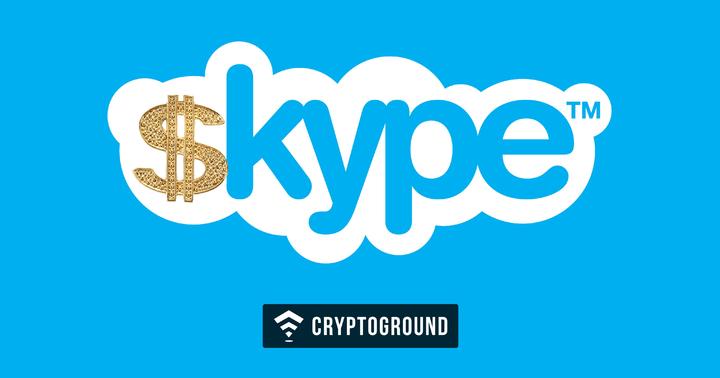During the last few months, cyber attacks, crypto bans, and fraudulent ICOs have been doing regular rounds. Therefore, an increasing amount of investors are looking for alternatives to secure their fiat and digital assets as the market volatility surges.
OTC (Over-the-Counter) cryptocurrency traders move hundreds of millions of dollars of coins on a daily basis. Participants use online messaging and video platform Skype for this purpose. Cryptocurrency focused hedge fund Galois Capital Founder, Kevin Zhou said,
“Generally, you would go trade through an OTC desk when you have a large block trade you want to do without moving the market too much or incurring too much slippage.”
OTC trades are audited independently as such transactions are settled via bank wire transfers and digital wallets. But many dealers reported that they regularly handle more than $100 million of cryptocurrency trades daily with minimum ticket sizes between $75,000 and $250,000. One of the traders said,
"When the big [exchange] hacks happen we tend to see business go up."
Why Skype?
Security.
No one would want to offer online crypto exchanges their cash or coin that could be hacked or hijacked later and high profile dealers claim that there's direct proportionality between the amount of Skype business they get on any given day and news of a crypto exchange hack.
Genesis Global Trading is a New York-based broker-dealer. Michael Moro, its Chief Executive, said that they currently handle $75 to $80 million daily trades, which is ten times more volume than that it did a year ago. Over the past year, Boston based - Circle handled up to $4 billion in OTC trades monthly, spokesperson Jennifer Hanley said. Investors have to go through KYC (Know Your Customer), and AML (Anti Money Laundering) checks even when they can message traders directly for the trade. Trades are settled bilaterally by the firm’s back office, which makes Skype the perfect tool.
Global Head of Trading Bobby Cho said,
"We needed a tool that was global and more or less free and Skype provided that."
Business is flourishing, but OTC firms are still forced to deal in the absence of crystal clear rules from international regulators. CFTC (Commodity Futures Trading Commission) still considers Bitcoin as a commodity, but SEC (Securities and Exchange Commission) says some cryptocurrencies may be securities. Partner at Sullivan & Worcester, Joel Telpner noted,
"What type of asset is traded and whether it must be traded with an accredited investor dictates if firms register with U.S. regulators and what compliance rules they follow."
Genesis is registered with SEC (Securities and Exchange Commission) and FIRA (Financial Industry Regulatory Authority) and offers to trade in only seven coins. Like other firms, it also records trader-client conversations. Moro claims that they are highly regulated as one can be in the digital currency space. Chicago-based Cumberland Mining trades over 25-30 cryptocurrencies and encourages to thoroughly understand the market and its implications for new laws and rules.
























